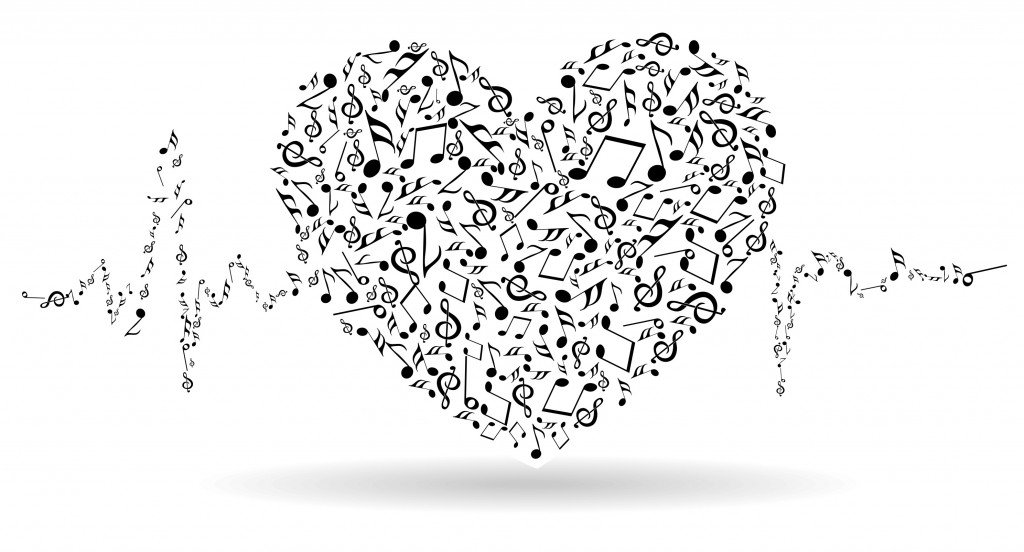Purple Sky Healing Arts
Purple Sky Healing Arts is my therapeutic music and sound business in Chattanooga, TN. Please visit this website for more information about my work and services.
Therapeutic Music
“The magic of “Musical Medicine” will come into its own. The application of such healing potencies will not be limited just to man’s body and mind. It will be an agency for building and healing his soul as well.”
Corinne Heline
The therapeutic uses of music and sound have been widely researched throughout history. Although this may sound like a New Age principle, it dates back to the time of Pythagoras and before. Modern science has brought us Cymatics – the study of visible sound and vibrations. There is also much research into the frequencies of particular musical notes. Conventional vibrational medicine often takes a diagnostic approach which assists medical professionals through use of EKG, X-ray, CAT Scan and MRI. Its uses can also be found in pain management such as TENS and laser therapy. Traditional vibrational medicine takes these sames principles with a holistic approach using acupuncture, homeopathic and herbal remedies, a variety of bodywork modalities (including Tai Chi), and of course music.
“It has been found that musical vibrations make their impact upon the entire body, being picked up by the nerves, spinal column, and even by the bones. This is why people who are deaf can react to music. It has also been demonstrated that music affects the pulse, respiration, and blood pressure; but it’s deepest effects, and those from which most of it’s curative properties are derived, are mental and emotional.”
Doren Antrim (Music Is Medicine)
How does this relate to music? As we listen to the music and sounds that surround us, it becomes more clear how these vibrations impact our daily lives. As I think about a fire alarm going off, I can sense my body tensing and my heart rate going up. As I think about the sounds of crickets or the ocean surf, I immediately become soothed. The music played at your local gym is another good example. It is no coincidence that the BPM is roughly the same as the average adult’s target heart rate for activity. Consider how a mother instinctually sings lullabies to care for and soothe her baby. My approach to therapeutic music is by creating a soothing environment using brainwave entrainment.
I completed training as a Therapeutic Musician in 2013 through the Music for Healing and Transition Program with my internship set to begin mid 2014. As a Certified Music Practitioner Intern, I am trained to provide live therapeutic music at the bedside of the ill and dying. Therapeutic Musicians differ from Music therapists. First, therapeutic musicians have completed a certificate program and receive certification through the National Standards Board for Therapeutic Musicianswhile music therapists receive a degree through an accredited college or university. Both have a similar approach to using music at the bedside, however Music Therapists also work directly with patients to address specific outcomes as prescribed by a physician. A therapeutic musician may play a harp at the bedside to soothe a patient while a music therapist may do the same as well as allow the patient to play the harp in an effort to reach therapeutic goals such as muscle coordination.
After completion of internships and certification, I will begin to provide live therapeutic music in the Chattanooga area. My concentration is on stress relief and deep rest as well as the special needs of those in final hours of life.
Therapeutic Sound
“The highest goal of music is to connect one’s soul to their Diving Nature, not entertainment”
Pythagoras
Therapeutic benefits go beyond what we think of in terms of music, this is where Therapeutic Sound is utilized. I like to describe this as applied sound in comparison to the listening experience of music. It is through these techniques that the body takes in the vibration. Emphasis is placed on pure tone and harmonic relationship of musical notes rather than melody as in a song.
Therapeutic sound is a also of interest to me and I have completed two sound healing courses to learn the basics of applied sound. I am scheduled to attend Jonathan Goldman’s Healing Sound Intensive in July 2014. This experience will open up many new sound tools to use in my practice. I use a variety of instruments to approach therapeutic sound that best fits the client. Sessions may include a variety of stringed instruments, native and world flutes, drums, rattles, handpan (Halo and SPB), metal tongue drums, kalimba, chimes, bells, gongs, tuning forks and tubes. I most often utilize a beautifully matched diatonic set of contemporary Himalayan singing bowls as well as deep tone antique bowls.
I currently offer Therapeutic Sound sessions in Chattanooga. I am training to add two biofeedback methods in 2014 – The Portacle and HeartMath. My interest also includes the use of Vibroacoustics and will be providing these services beginning January 2015.
Therapeutic Benefit
These two approaches, music and sound, can be used in a variety modalities for a wide range of purpose. Below is a list of the most common therapeutic benefits of music and sound that I provide for clients. Please contact me with your inquiry.
- Stress Relief & Relaxation
- Calming the mind, body, and spirit
- Emotional Release – Letting Go
- Relieving tension and blockages
- Brainwave entrainment for mental clarity, creativity enhancement, and deep rest
- Meditation – beginning practice or to deepen experience
- Centering/Mindfulness
- Heart Opening
- Chakra balancing
- Development of inner harmony
“The prime objective of all Initiatory music in the Temples of Antiquity was to bring about physical purification and renewal, mental stimulation and alertness, spiritual exhilaration and Illumination.”
St. Ambrose

